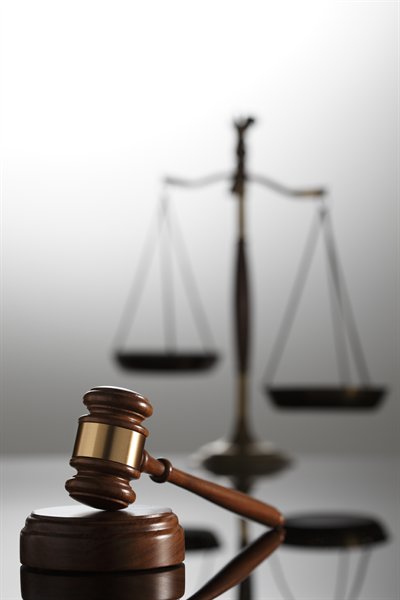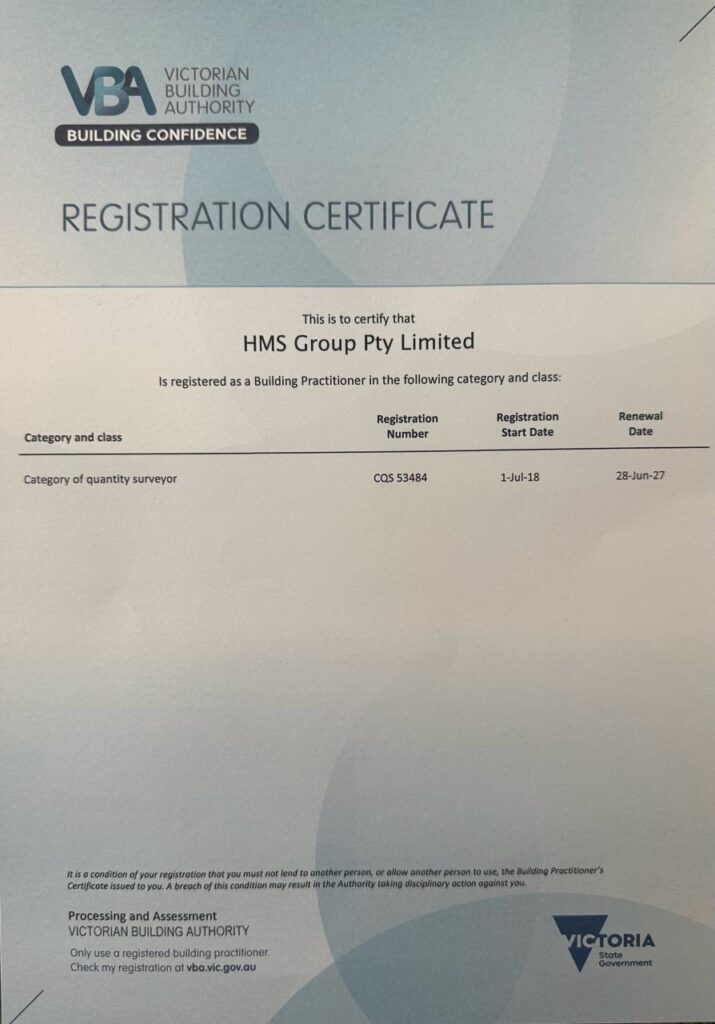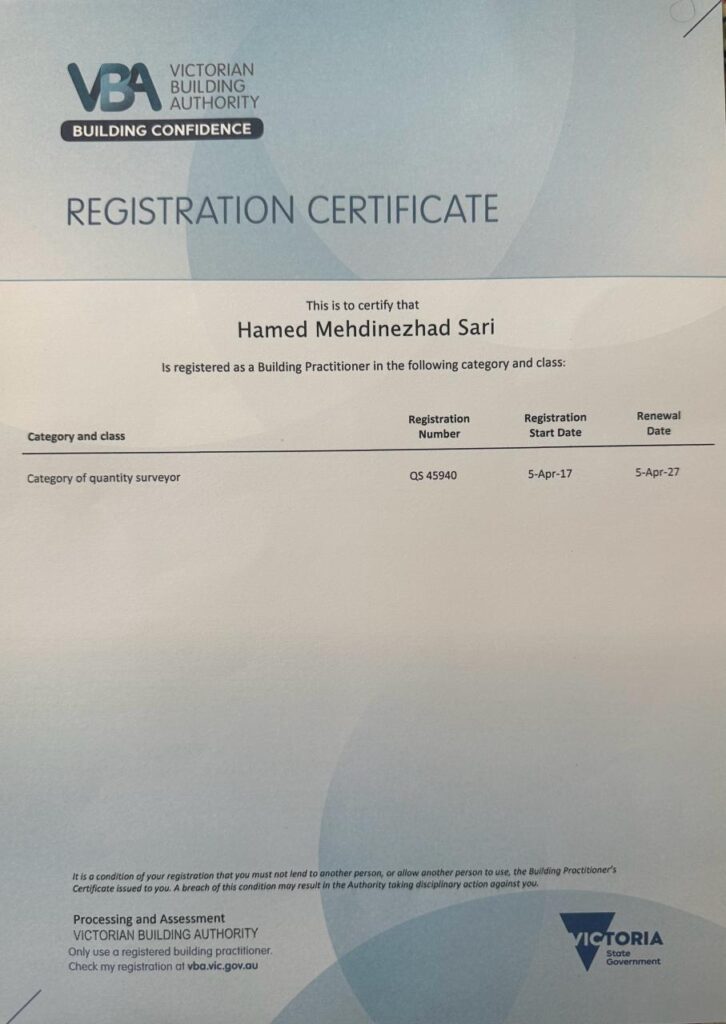Engaging an expert witness is a strategic decision in any legal matter involving complex technical or specialised issues. The process should be approached with care to ensure the expert is suitably qualified, independent, and available. Here’s how it typically works:
Process of Engaging an Expert Witness
1. Identification and Shortlisting
Potential experts are identified based on their qualifications, experience in the relevant field, and familiarity with the issues in dispute. Referrals, expert directories, or specialist consultancies are common sources.
2. Preliminary Discussions
Initial conversations with the prospective expert help assess:
-
Their availability,
-
Prior experience giving evidence,
-
Understanding of the subject matter,
-
And any potential limitations or concerns.
3. Conflict of Interest Check
Before formal engagement, it’s essential to ensure the expert has no actual or perceived conflicts of interest, including prior involvement with parties or projects related to the dispute.
4. Formal Engagement
Once suitability is confirmed, a letter of engagement or contract is executed. This sets out the scope of services, fees, timelines, confidentiality, and terms of withdrawal.
5. Document Review and Analysis
The expert reviews all relevant materials—such as reports, correspondence, site data, contracts, or technical drawings—and may request additional information to inform their opinion.
6. Report Preparation
If required by the tribunal or legal process, the expert prepares a comprehensive written report, outlining:
-
Their assumptions,
-
Methodology,
-
Findings and reasoning,
-
And conclusions.
The report must comply with the relevant Expert Witness Code of Conduct and be suitable for disclosure to all parties.
7. Preparation for Testimony
If the matter proceeds to hearing, the expert may be briefed on procedural matters and prepare for cross-examination or concurrent evidence sessions (“hot-tubbing”).
8. Court or Tribunal Testimony
The expert may be called to give oral evidence, answer questions from the decision-maker, and respond to opposing expert views—always maintaining their independence and objectivity.
Associated Costs of Engaging an Expert Witness
Costs vary depending on the complexity of the matter, the expert’s seniority, and the scope of engagement. Common cost elements include:
-
Retainer Fee: An upfront payment to secure availability and initiate work.
-
Hourly or Daily Rates: Charged for analysis, meetings, report preparation, or appearances.
-
Court Appearance Fees: Typically billed at a higher rate to reflect preparation and time spent at hearing.
-
Travel and Accommodation: Applicable for site inspections or hearings held outside the expert’s base location.
-
Specialist Costs: May include laboratory testing, modelling, simulations, or the use of technical software or equipment.
-
Post-Hearing Involvement: Additional fees may apply if the expert is required for clarification, appeals, or further proceedings.
HMS Group’s Insight
Engaging an expert witness is not about advocacy—it’s about clarity. At HMS Group, we believe that the value of expert evidence lies in its independence, reliability, and ability to assist the court or tribunal in making informed decisions. While expert services require investment, a well-prepared and impartial expert can play a critical role in untangling technical complexity and presenting it in a clear, accessible manner.
We encourage early engagement and transparent communication regarding scope, expectations, and costs to ensure smooth collaboration throughout the process.







